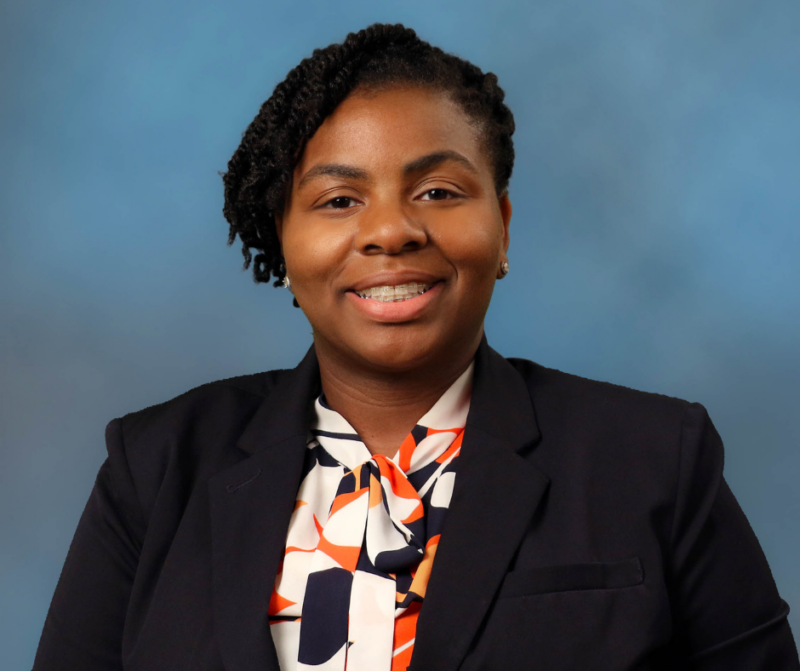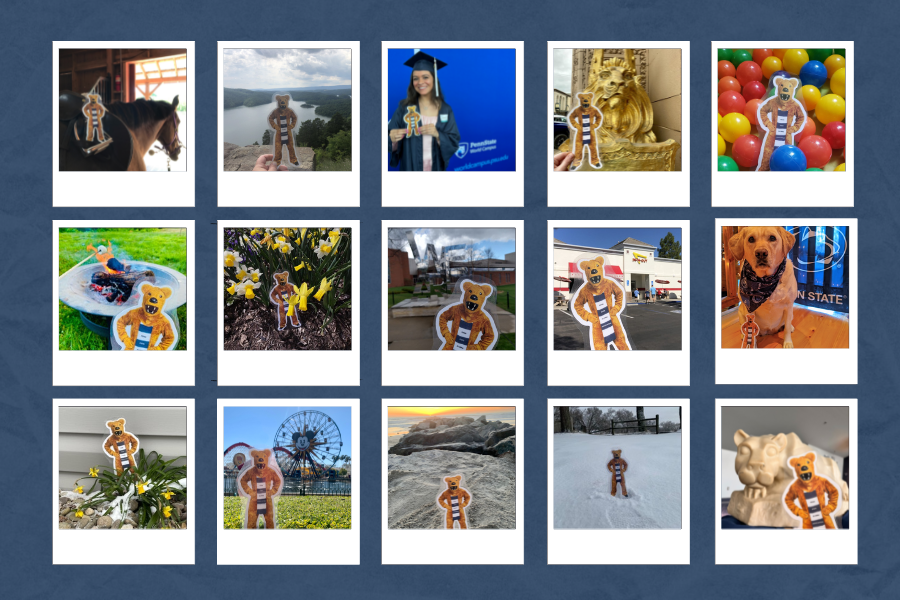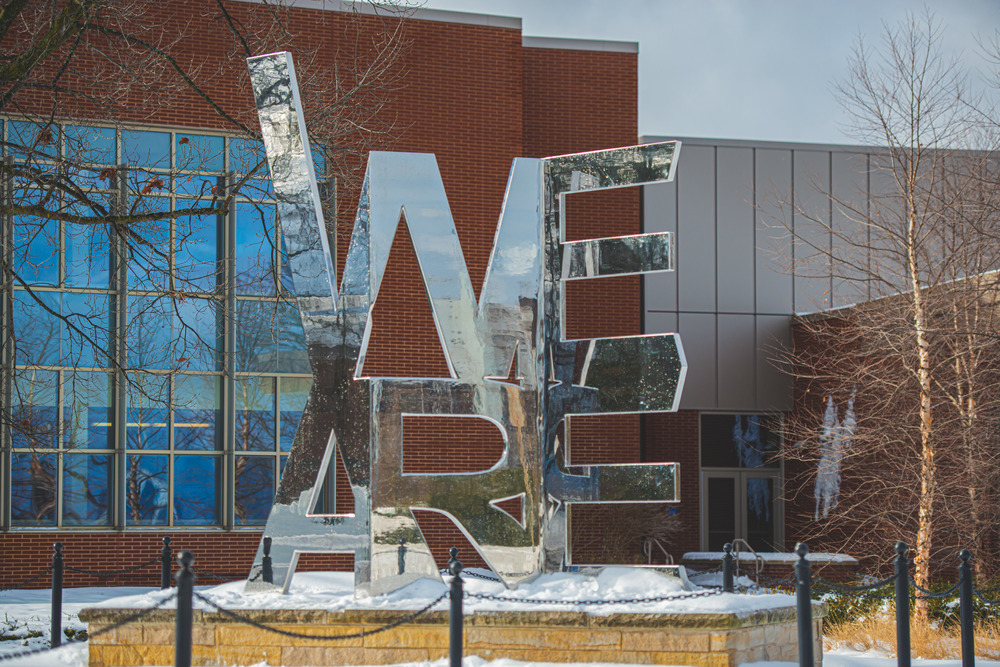
Recently, we had a chance to sit down with Anita Colyer Graham, Penn State alumna and Manager of Access for Penn State World Campus to talk about accessibility at Penn State World Campus.
Anita works to ensure Penn State World Campus is accessible to students with disabilities and has worked in distance education at Penn State since 1985. She remembers when all distance courses were print-based and lessons were surface-mailed to students!
Students studying via Penn State World Campus who have a disability can contact the Office for Disability Services on the University Park campus. How does your role differ from that of the Office for Disability Services?
My role is to work behind-the-scenes to answer questions such as:
- What textbooks and readings are being used in a course and how quickly can they be provided in accessible formats?
- Is software we require accessible and how does it interact with the assistive technologies a student may be using?
- Are the media in the courses accessible? If not, how quickly can we make them available in an accessible format?
- How do we make the media (owned and provided by others) that we may be linking to in a course accessible?
- How do we meet the specific needs of active-duty military and veteran students―a group of students that experiences a higher rate of disability issues such as hearing loss due to artillery-fire exposure, post-traumatic stress disorder (PTSD), and traumatic brain injuries due to exposure to improvised explosive devices (IEDs).
Can you talk about how the Office for Disability Services (ODS) serves our students?
Certainly! World Campus students seeking disability services will work with disability specialist Keith Jervis in ODS first to determine whether they should receive accommodations, and then each semester to identify appropriate accommodations for their course(s).
ODS provides students with a letter for each course identifying accommodations. The student then shares this letter with his/her instructor and discusses accessibility needs with him/her. (The instructor is never informed of the student’s specific disability, just the accommodations identified.)
The most common accommodations are providing additional time on exams and supplying required course materials in alternative formats.
Do you have any final advice you can offer to current and prospective World Campus students with disabilities?
Certainly! My advice is not to let the barriers you face limit your aspirations! Penn State welcomes qualified students with disabilities to apply to its programs and courses.
It is important for you as a student to take responsibility for the following:
- You will need to work through the Office for Disability Services (ODS) to provide documentation that will allow us to identify and implement accommodations to make the learning process accessible.
- Each semester, you must request accommodation letters from ODS, and share those letters with your instructors in a timely manner (ideally at the very start of the course).
- You will need to have individualized discussions and negotiations with your instructor regarding course objectives, assignments, and deliverables.
One of the challenges of distance education is that it’s difficult for us to provide local assistance such as support services or assistive technologies to our students because they live throughout the world. Be sure to take the initiative to find local resources that may also be available to provide such assistance.
Thanks for the opportunity to address these topics!




